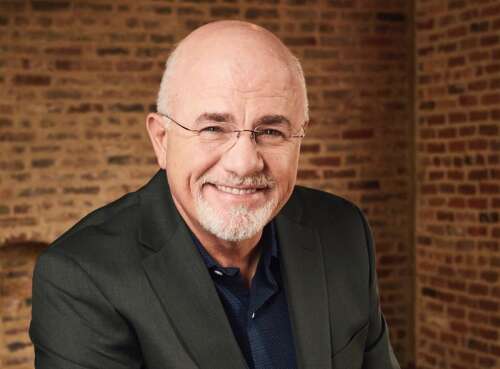By DC Correspondent
Copyright deccanchronicle

Film producer Lagadapati Sridhar has expressed deep concern over U.S. President Donald Trump’s latest announcement that the United States will impose a 100% tariff on all films made outside the country. The move, Sridhar said, will “rob Telugu NRIs of their small pleasure” as cinema remains one of their strongest connections to their homeland. “Telugu films have been steadily expanding their fan base across North America. Big releases have contributed nearly 10–15% of their budgets from U.S. collections, but this move could cause a near collapse of that model,” Sridhar noted. He pointed out that moviegoers in the U.S. already spend $12–18 for Hollywood films, while Telugu distributors typically charge $25–40 per ticket to cash in on the craze for stars like Prabhas, Allu Arjun, Ram Charan, NTR, Chiranjeevi, and Balakrishna. “NRIs are conscious spenders. They won’t waste a single dollar unnecessarily. If a $20 ticket suddenly costs $40 with Trump’s tariff, audiences will be forced to cut down on their theater visits—especially when many already travel three to four hours to reach a screening,” he said. Blockbusters such as Baahubali 2, RRR, Pushpa: The Rise, Kalki 2898 AD, Salaar, and Devara have grossed anywhere between ₹50 crore and ₹200 crore in the U.S. alone, while even mid-range films like Mahanati, DJ Tillu, and Mirai have earned ₹25–30 crore. “The U.S. remains the single biggest overseas market for Telugu cinema—much higher than Europe or Australia. Trump’s decision will shatter business prospects and push producers to the brink,” Sridhar warned. He also highlighted the larger industry crisis, noting that Hindi dubbing, satellite, and digital rights revenues have dropped sharply, even as star remunerations and production costs continue to climb. “With every recovery option narrowing, this new levy could make matters worse,” he said. Sridhar suggested that one way to bypass tariffs would be to shoot films in the U.S., but admitted it was impractical. “Scripts demand locations—not the other way around. At best, a handful of projects can be shot there. We sincerely hope the Trump administration rethinks this policy and provides relief for Telugu films, which are slowly earning the admiration of U.S. audiences. Counting revenues in U.S. dollars is vital for our industry, especially when one dollar equals eighty rupees,” he concluded.



